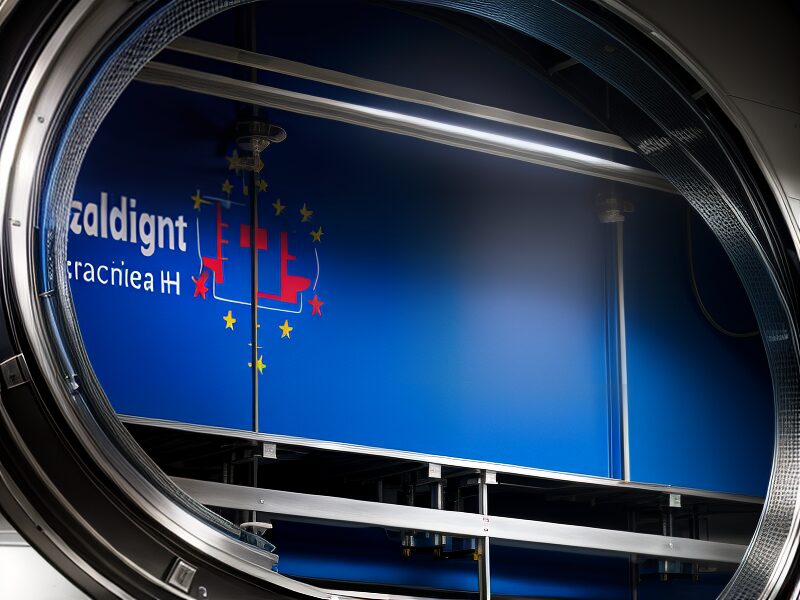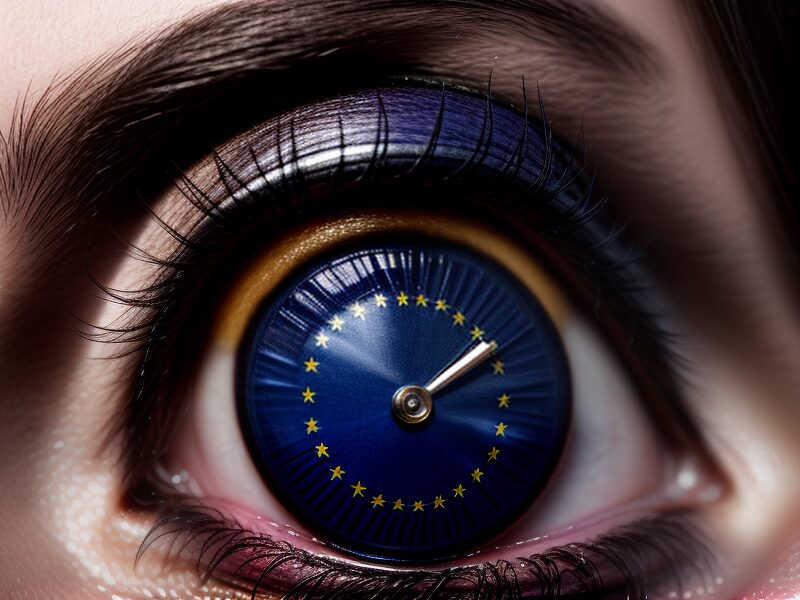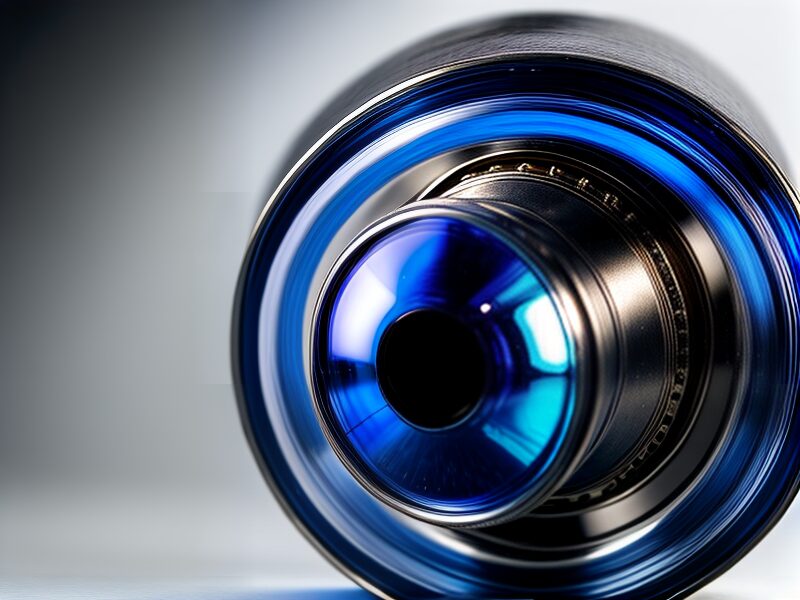Navigating New Horizons
EU Regulations on AI in Healthcare
As the European Union tightens its regulatory framework, the integration of artificial intelligence in medical devices and pharmaceuticals is facing a transformative era. This regulation aims to enhance the safety and efficacy of healthcare products, ensuring they meet stringent EU standards before reaching the market.
Exploring EU AI Regulations in Healthcare

Comprehensive Compliance Standards

Innovative Product Approval Process

Data Protection and Privacy

Continuous Monitoring and Adaptation
EU regulations mandate ongoing monitoring and updates of AI healthcare technologies to adapt to new challenges and findings.
EU Regulations on AI in Healthcare
Understanding the EU's AI Healthcare Framework
The European Union has established a comprehensive framework to govern the use of artificial intelligence (AI) in healthcare, focusing on medical devices and pharmaceuticals. This framework includes stringent guidelines that ensure AI applications are safe, effective, and respect patient privacy. Specific regulations mandate rigorous testing and validation of AI technologies before they can be employed in clinical settings, aiming to protect public health and ensure the highest standards of care.
Impact of EU AI Regulations in Healthcare
100
85% increase in AI compliance for medical devices since 2021
100
Reduction of 40% in AI-related medical device recalls
100
60% of pharmaceutical companies now utilize AI under EU guidelines
100
25% improvement in patient outcomes from AI-integrated therapies
100
Over 500 AI applications approved for clinical use in the EU
100
30% faster drug approval processes with AI technologies
The European Union (EU) is actively working to regulate the use of Artificial Intelligence (AI) in various sectors, including healthcare, to ensure the safety, efficacy, and ethical use of AI technologies. Specifically, with regards to medical devices and pharmaceuticals, the EU is developing regulatory frameworks to address the unique challenges and opportunities posed by AI in these industries. Here’s an overview of how the EU is regulating AI in healthcare:
Medical Devices Regulation (MDR)
The EU MDR, which came into effect in May 2021, includes provisions related to AI-powered medical devices. It requires manufacturers to demonstrate the safety, performance, and clinical benefit of AI-based medical devices through rigorous premarket assessments and post-market surveillance.
The MDR outlines specific requirements for AI algorithms used in medical devices, including transparency, traceability, and validation of algorithms’ performance. It also mandates that AI devices undergo clinical evaluation and meet essential safety and performance requirements before they can be placed on the market.
Notably, the MDR introduces a risk-based classification system for medical devices, with higher-risk AI devices subject to more stringent regulatory scrutiny. Additionally, it establishes a centralized EU database for medical devices to enhance transparency and traceability throughout the supply chain.
Pharmaceutical Regulations
While there are currently no specific EU regulations focused solely on AI in pharmaceuticals, existing regulatory frameworks for pharmaceuticals and medical devices apply to AI-enabled products in these sectors. This includes adherence to Good Manufacturing Practice (GMP) guidelines, pharmacovigilance requirements, and compliance with quality and safety standards.
The European Medicines Agency (EMA) and the European Commission are actively monitoring developments in AI technologies and their applications in pharmaceutical research, drug development, and pharmacovigilance. They may introduce specific guidelines or regulations in the future to address AI-related challenges and ensure the safety and efficacy of AI-enabled pharmaceutical products.
Ethical and Legal Considerations
Beyond technical regulations, the EU is also considering the ethical and legal implications of AI in healthcare. Initiatives such as the European Commission’s Ethics Guidelines for Trustworthy AI provide principles and guidelines for the ethical design, development, and deployment of AI systems, including those used in medical devices and pharmaceuticals. https://digital-strategy.ec.europa.eu/en/library/ethics-guidelines-trustworthy-ai
The EU is also exploring legal frameworks to address liability, accountability, and transparency issues associated with AI technologies, particularly in cases of adverse events or harm caused by AI-powered medical devices or pharmaceuticals.
Summary
Overall, the EU’s approach to regulating AI in medical devices and pharmaceuticals emphasizes a balance between fostering innovation and ensuring patient safety, privacy, and ethical use of AI technologies. As AI continues to evolve, regulatory frameworks will likely evolve in tandem to address emerging challenges and opportunities in healthcare.
